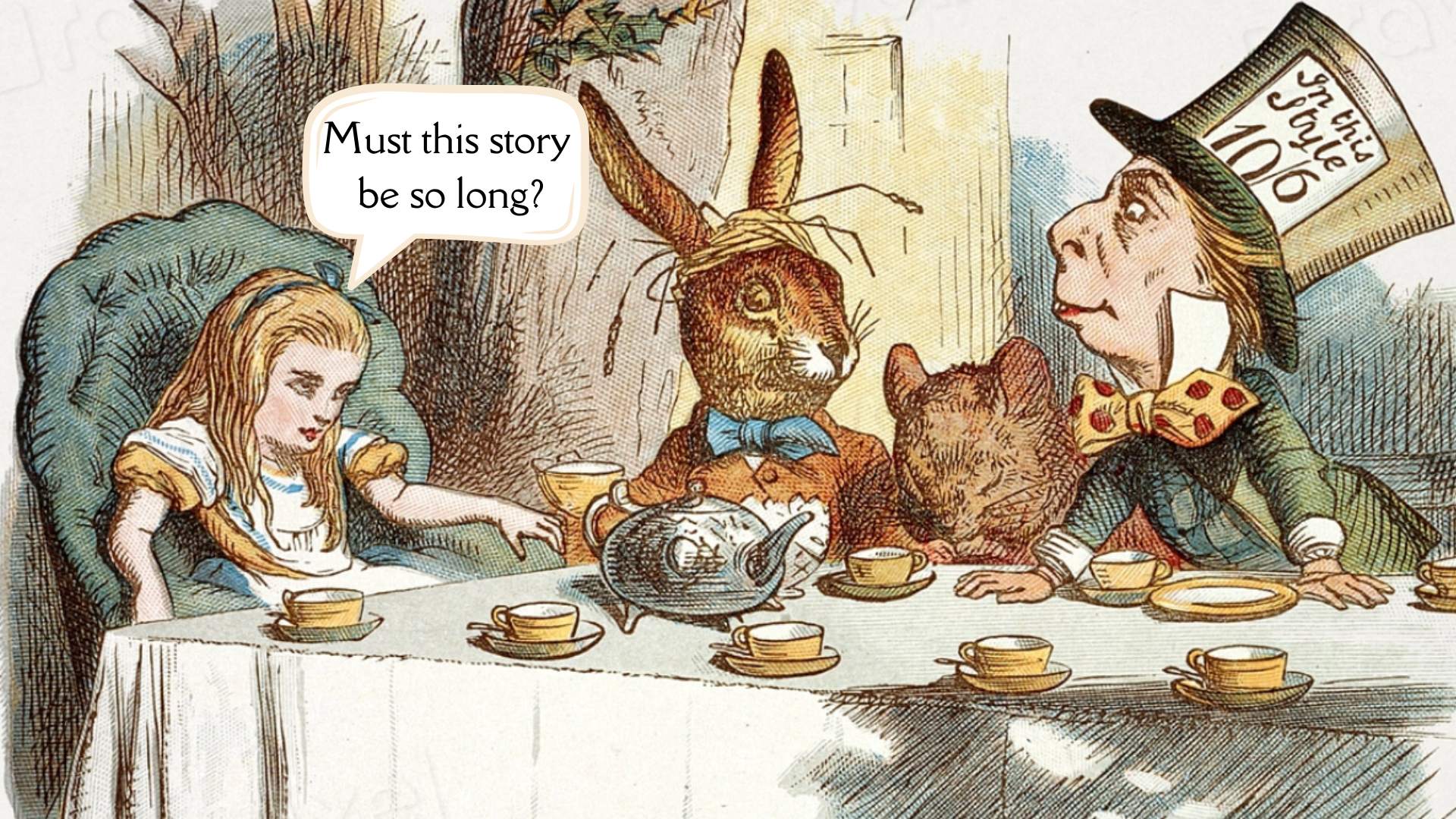People often try to impress readers with big words and sentences. But maybe readers just want you to get to the point.

In News Decoder’s Top Tips, we share advice for young people from experts in journalism, media literacy and education. In this week’s Top Tip, News Decoder’s Educational News Director Marcy Burstiner, offers some writing advice. Top Tips are part of our open access learning resources. You can find more of our learning resources here. And learn how you can incorporate our resources and services into your classroom or educational program or by forming a News Decoder Club in your school.
Young writers often try to impress with big words and big sentences. The result is impressive, maybe, if the goal is to put you to sleep.
They miss the point of writing, at least writing meant to inform. You can’t inform someone who stops after the first paragraph. They will stop if the article is long and tedious. Do we like to listen to people who drone on with big words?
Consider the famous line of Julius Caesar, which has come down to us after 2,000 years: I came, I saw, I conquered.
Short is sweet when it comes to power writing. The brilliant writing coach William Zinsser, in his classic book “On Writing Well,” argued that it makes no sense to make a reader work. He asks us: why use a three-syllable word when a two-syllable word will work just fine?
To that end, why stuff 50 words into a sentence, when just a few will convey the information? If more words are needed, you can start a new sentence.
Help readers out.
When people read, they often do so out loud in their heads. When you stuff 50 words into a sentence, you don’t give them time to breathe. The period does that. I would argue that the period is the most under-appreciated punctuation mark. It says to a reader: Stop and process that thought.
Let’s look at another way to begin this article:
Young writers often try to impress with big words and big sentences, and while that perhaps creates an impressive result it also induces sleep and the writer misses the point of writing, at least writing which is meant to inform.
Not so snappy.
The power of short is useful for those who write in their second language. I tried to master Spanish as a second language to my native English but found it difficult to master the 16 verb tenses. I forgot that in my own language, you can concentrate on just two verb tenses: present and past. People who converse in Spanish often default to just past and present tenses as well.
Check the verbs I used in this article. I avoided gerunds — verbs that ended in -ing. I avoided past participles and perfect tenses (you know, verbs that follow has, have or had, like “has written”). I also avoid adverbs — words in the English language that end in -ly.
Less is more.
Two paragraphs above this I first included the term “particularly useful” but I took out the word “particularly.” That’s the adverb and adverbs don’t often improve the verb. The fewer the words I use, the easier I make it for someone to read what I wrote.
You won’t do this in literary writing. But that’s because literary writing has a different goal. The literary writer does want you to read what they wrote. But they also want something more — to create something beautiful, maybe, or a story that will shock or disturb or confound you. They don’t always want the read to be easy. They might want to make you work.
Consider a famous first line in a novel:
“Alice was beginning to get very tired of sitting by her sister on the bank, and of having nothing to do: once or twice she had peeped into the book her sister was reading, but it had no pictures or conversations in it, ‘and what is the use of a book,’ thought Alice ‘without pictures or conversations?’”
That’s the 57-word sentence that begins the classic novel “Alice in Wonderland.” Lewis Carroll packed that lead with gerunds, infinitives, compound tenses, past participles and passive language.
But he wanted his readers to take their time. You don’t rush through it. It confounds readers and makes them laugh. That’s the fun of it.
Questions to consider:
- Why do young writers often use big words and sentences?
- What’s the advantage of keeping language simple in an article?
- What is your favorite example of great writing? What made it great?

Marcy Burstiner is the educational news director for News Decoder. She is a graduate of the Columbia Journalism School and professor emeritus of journalism and mass communication at the California Polytechnic University, Humboldt in California. She is the author of the book Investigative Reporting: From premise to publication.
